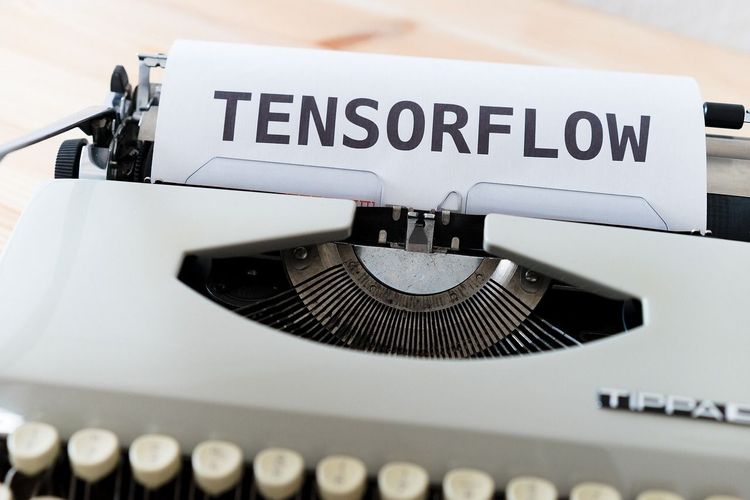Parallel Domain, a leader in synthetic data generation for autonomous systems, today launched PD Replica, a revolutionary product that generates high-fidelity digital twins from real-world photos, videos, and 3D scans. This innovation is set to transform how autonomous vehicles are developed and tested.
PD Replica enables customers to create precise virtual replicas of real-world environments—ranging from bustling city streets to expansive highways—by harnessing AI and advanced 3D reconstruction techniques. By converting data captured through cameras, smartphones, and drones into immersive, semantically-rich 3D worlds, it allows autonomous vehicle developers to test their AI systems in high-fidelity simulations that closely mimic real-world conditions.
“With PD Replica, we’re pioneering a pixel-perfect method to create these accurate replicas of actual locations,” said Kevin McNamara, founder and CEO of Parallel Domain. “It’s the closest experience to real-world testing without stepping outside.”
The impact of PD Replica is profound. Autonomous vehicle developers, many of whom already collaborate with Parallel Domain, can now conduct high-fidelity simulation testing without the risks or logistical complications associated with physical trials. This technology not only propels the advancement of autonomous vehicles but also has potential applications in industries such as manufacturing, healthcare, logistics, agriculture, and more.
PD Replica’s AI pipeline processes camera data—including smartphone images and videos—to produce fully labeled, pixel-perfect 3D representations of reality. This achievement is powered by advancements in AI and 3D reconstruction. Once a digital twin is produced, PD Replica can simulate diverse sensor modalities like LIDAR point clouds and thermal imagery, enabling thorough autonomous system testing.
“Recent breakthroughs in neural radiance fields and visual SLAM have significantly progressed,” explained McNamara. “Our machine learning team has integrated these innovations to extract the metadata crucial for high-fidelity simulation.”
PD Replica enhances Parallel Domain’s existing synthetic data generation platform, which creates 3D environments statistically aligned with real-world locations. However, digital twins represent a significant leap in simulation fidelity.
“Previously, simulation environments were more like digital ‘cousins’ — they resembled target locations but lacked precision,” noted Michael DiBenigno, Senior Product Marketing Manager at Parallel Domain. “PD Replica changes that, providing customers with an exact replica of a location, even down to minute details like paint chipping on a bench.”
This transition from statistical approximations to high-fidelity digital twins unlocks new use cases, particularly in validating and regressing testing for perception models. Customers can now rigorously evaluate systems in the exact environments where they plan to deploy them.
Beyond enhanced fidelity, PD Replica also offers tools to customize environments and test scenarios. Users can replay real-world sensor logs and introduce novel objects through generative AI simply by typing a text prompt.
“Regression testing in simulation is where our customers find significant value,” McNamara added. “Each improvement in a perception model could unintentionally affect performance elsewhere. Nightly simulation testing allows them to catch these issues proactively.”
This capability to test a vast range of scenarios in an environment that mirrors the real world could dramatically accelerate the development of safe and reliable autonomous vehicles and robots. Parallel Domain views PD Replica as a pivotal step toward the mass deployment of autonomous systems.
The company has already amassed a notable client list, including Google, Toyota Research Institute, Woven Planet, and Continental. The automotive industry has been a primary focus, with leading automakers seeking to enhance their development timelines and system safety through advanced simulation.
With the launch of PD Replica, Parallel Domain aims to deepen its foothold in the automotive sector while expanding into related fields like delivery robotics and drones. The demand for high-fidelity simulation is extensive across the autonomy landscape, and Parallel Domain’s platform is uniquely equipped to address it.
As the autonomous vehicle industry progresses, comprehensive testing and validation are increasingly vital. High-profile incidents have highlighted the need for thorough pre-deployment evaluations of autonomous systems. PD Replica offers a controlled environment that authentically replicates real-world conditions, facilitating the crucial testing required for scaling autonomous vehicles.
Additionally, as regulatory frameworks for autonomous vehicles continue to evolve, high-fidelity simulation is expected to play a key role in setting industry standards for testing and deployment—allowing for extensive evaluations without compromising roadway safety.
With PD Replica's introduction, Parallel Domain is reinforcing its status as a frontrunner in the simulation and synthetic data realm. As the push for autonomy accelerates, the company’s platform is positioned as an essential resource for customers across various sectors, enabling safer and more reliable autonomous systems to reach the market faster.







